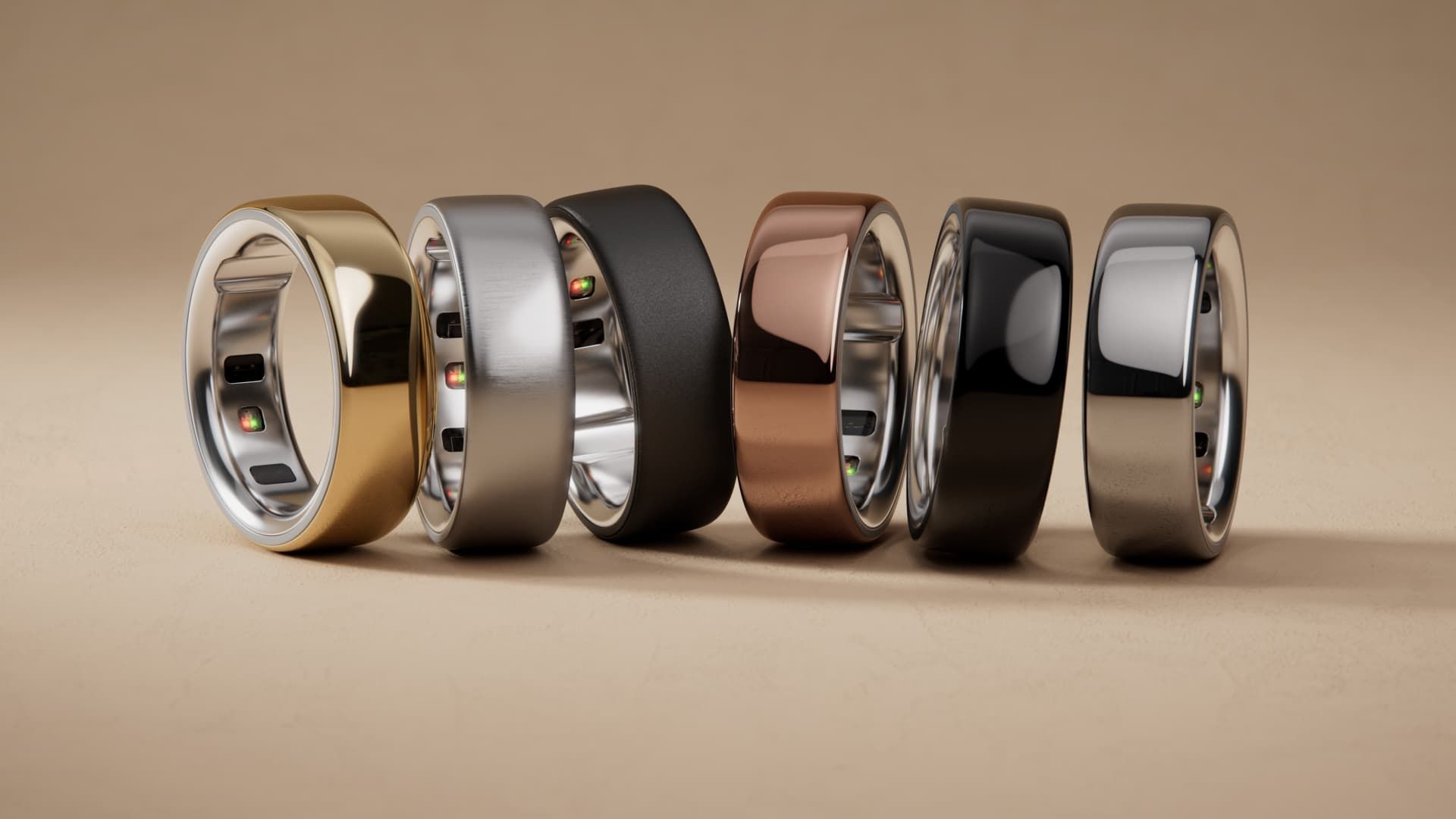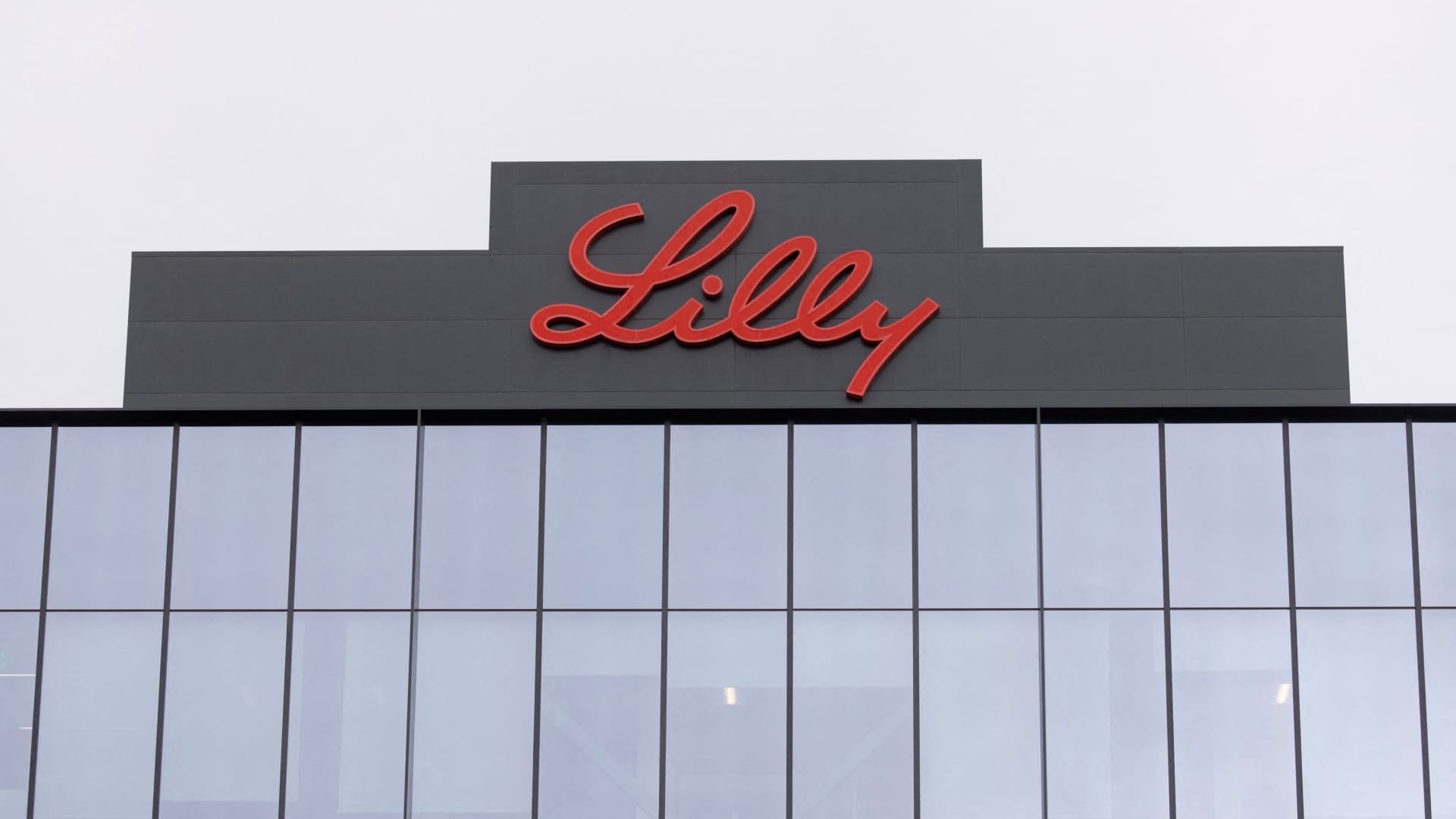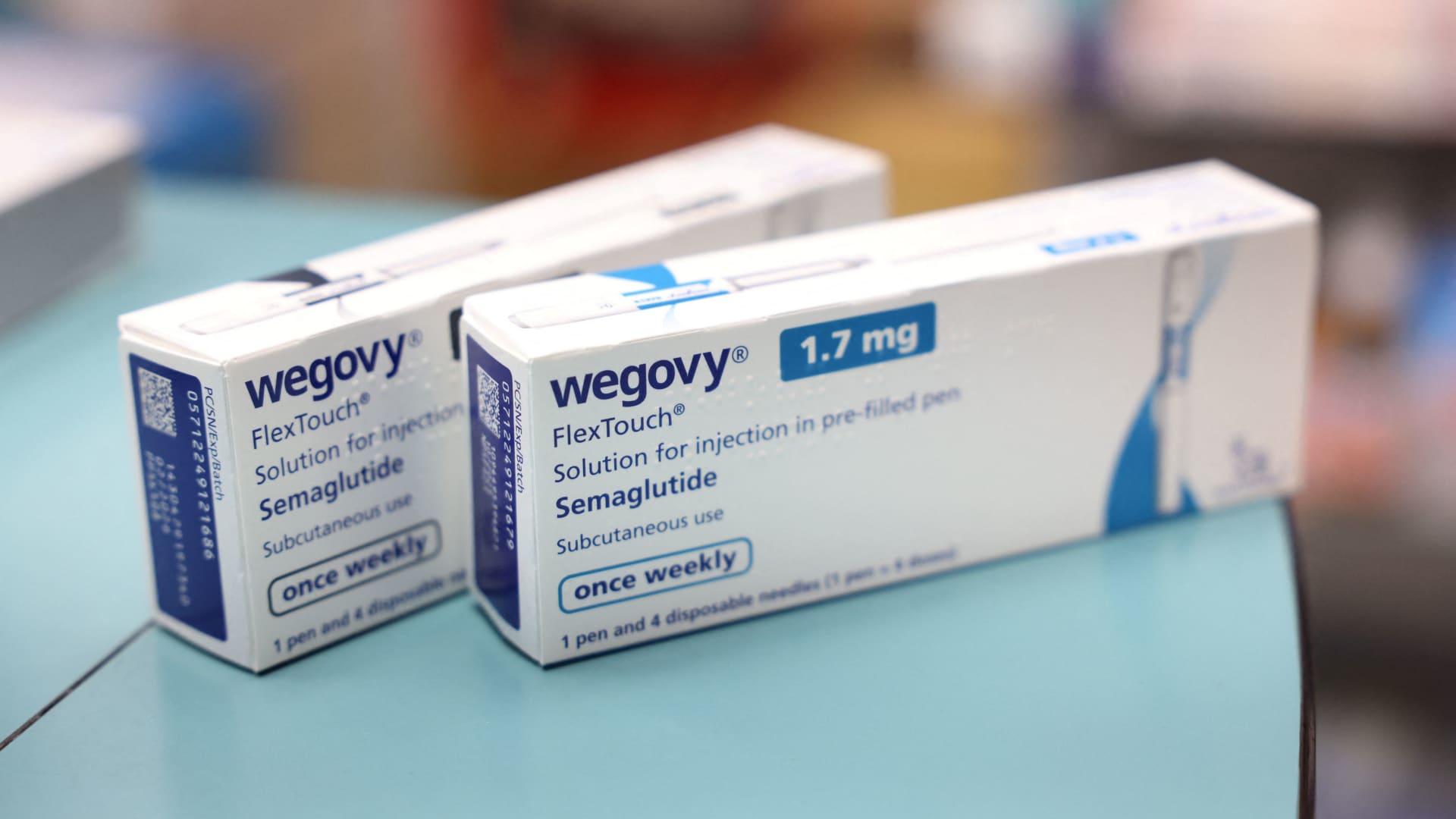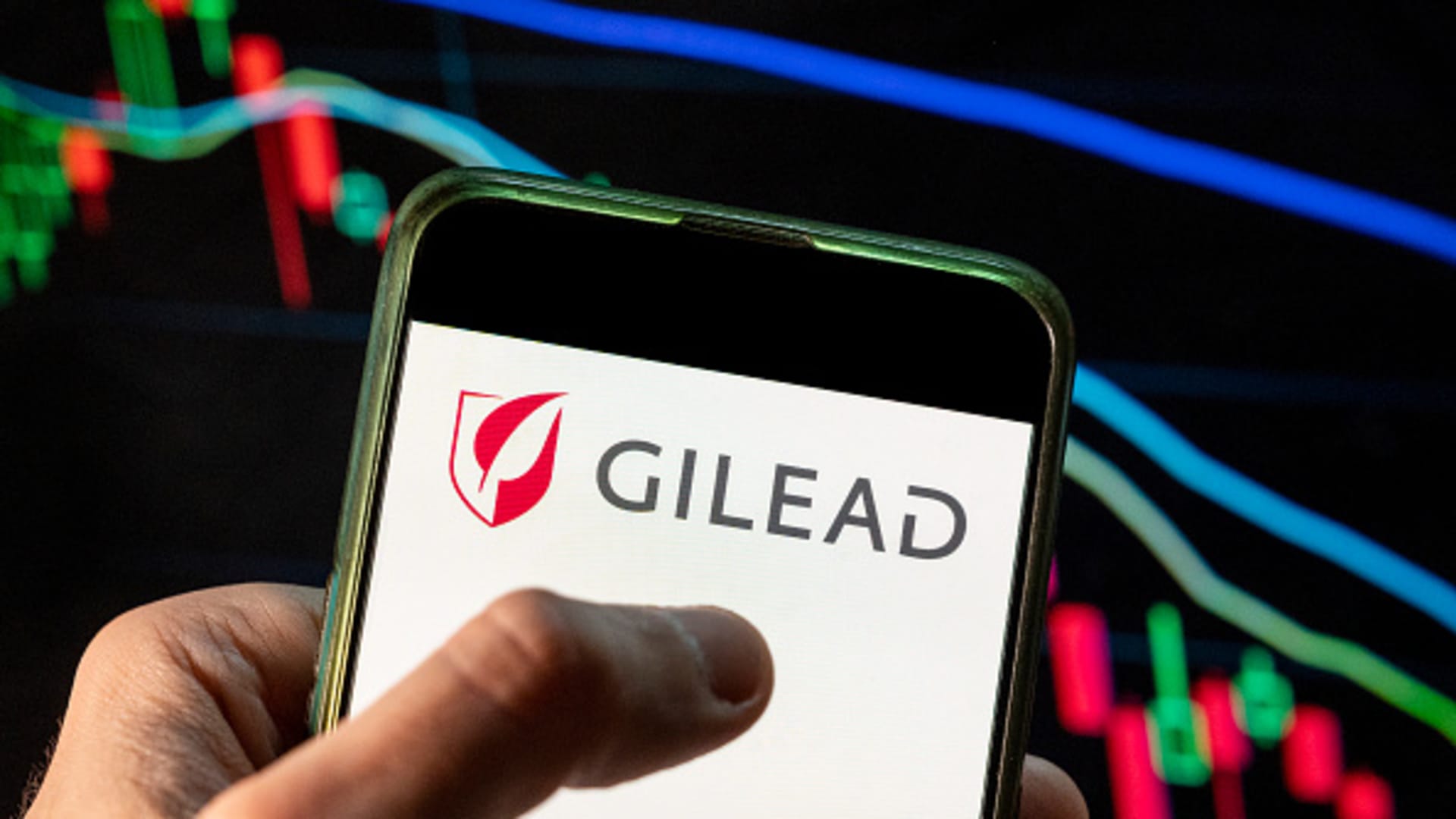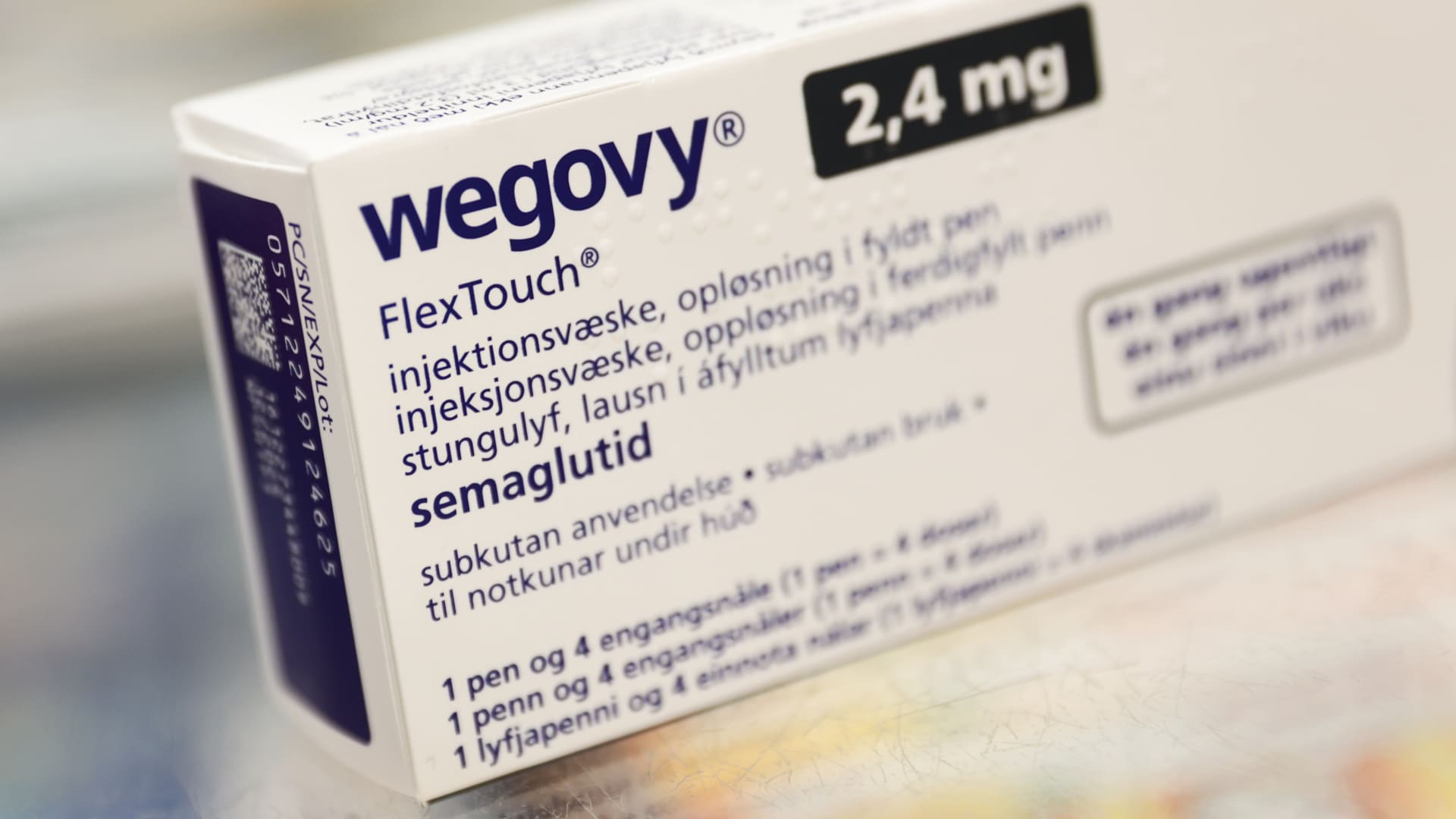The Oura 4 ring
Courtesy: Oura
LISBON – Samsung's foray into smart rings doesn't concern the boss of product category pioneer Oura; In fact, Tom Hale says he's seeing a boost in business.
“I'm sure a major tech company will make an announcement that says, 'Hey, this is a category that matters. It's going to be something big.' I think that's probably helpful,” Hale told CNBC in an interview this week.
“In terms of the impact on our business, it has had no impact. If anything, our business has strengthened since its announcement.”
In a wide-ranging interview with CNBC at the Web Summit conference in Lisbon, Hale talked about Oura's plans for new areas of knowledge it wants to bring to users, how he thinks about new devices, and the company's intentions for international expansion.
Oura's flagship product is the Oura Ring 4, a device known as a smart ring. It's packed with sensors that can track some health metrics, allowing Oura app users to learn more about the quality of their sleep or how prepared they are to take on the day ahead.
Founded in Finland in 2013, analysts have called the company a pioneer in the smart ring space. Oura said it has sold more than 2.5 million of its rings since launching its first product. CCS Insight forecasts Oura will end the year with a 49% market share in smart rings.
Competition is starting to rear its head in the space. Samsung, the world's largest smartphone maker, made its first foray into smart rings this year with the Galaxy Ring, which some analysts say has put the device category on the map and popularized it among a broader audience.
Hale wants to position Oura as a “health and science company from the ground up,” with the goal of its product being “clinical grade.” Oura is seeking approval from the US Food and Drug Administration (FDA) for its ring to be used for diagnostic purposes, although Hale declined to provide many more details.
He said Oura's focus on health and science is what sets it apart from its competitors.
“If you're really thinking [of] You yourself, as a healthcare company, are very different in many ways and in different stances you can take on data privacy. …So instead of being like a technology company where data is kind of like oil that you extract and then use to create some kind of network effects advantage, we're actually a healthcare company where your data is sacrosanct,” Hale said.
Oura's business model is based on the sale of hardware, as well as a $5.99 monthly subscription service that allows users to obtain information from their ring. Oura says it has almost 2 million subscribers.
“We look more like a software company than a hardware company. And I think that's a function of the business model and the fact that it's working. Our subscribers are still paying,” Hale said.
Oura considers nutrition as the next 'pillar'
Oura takes the data collected by the ring to provide insights to its users, focusing on a person's levels of sleep, activity, and readiness to take on the day.
Hale said the company is now testing nutrition, and users can take a photo of their food and log into the Oura app. Also in the nutrition space, he highlighted Oura's recent acquisition of Veri, a metabolic health startup that can take data from continuous glucose monitors (small devices inserted into a person's arm) to provide information on levels. of sugar in a person's blood. Hale says this, combined with Oura's food tracking feature, could tell the user how certain foods affect their glucose levels.
Many current glucose monitors are invasive and must be inserted into the skin. Some observers see a noninvasive glucose monitor on a wearable device as something that could be transformative, but Hale cautions that it's a difficult goal to achieve.
“The idea that a portable device [device] “Getting there, I think, has definitely been a Holy Grail, and like the Holy Grail, they may never find it, because it's a very difficult problem to solve with any kind of precision,” Hale said.
“Never say never. Certainly, the technology continues to advance and all the capabilities continue to advance,” he added.
New hardware and AI
While Oura only sells rings currently, Hale believes the company will develop new products in the future. He declined to give more details.
“I think we will definitely see other products from the Oura brand, beyond the ring,” he promised.
He also said that the company hopes to work with other devices as well, even if they are not Oura hardware.
Like many hardware companies, such as Apple and Samsung, Oura is looking for ways to use the advanced capabilities of artificial intelligence to provide users with more personalized information. Smartphone makers have talked about so-called “AI agents,” which they see as assistants capable of anticipating what a user wants.
Oura is testing an AI product called Oura Advisor along similar lines.
“Think of it as the doctor in your pocket who knows all your facts,” Hale said.
International push
Healthy's Its presence at the Web Summit in Lisbon underscores its push to increase awareness of the Oura brand in markets outside the US, especially as more people learn about smart rings.
“I think the fact that the category is something that people are learning about, the unique benefits of that maturity, is in our favor. We are expanding internationally,” Hale said.
He said he is particularly “excited” to venture into Western Europe, including countries such as the United Kingdom, Germany, France and Italy. Looking even further into the future, Hale said an initial public offering for the business is not currently on the table, adding that operating as a private company gives Oura more “freedom.”
“I really enjoy the freedom we have as a private company. We are accountable to our investors and shareholders, but they are willing to let us operate with many licenses,” he said. “And if we decide we want to stop being profitable because we want to invest in owning some category of healthcare software, that's fine. They'd be happy about that.”

